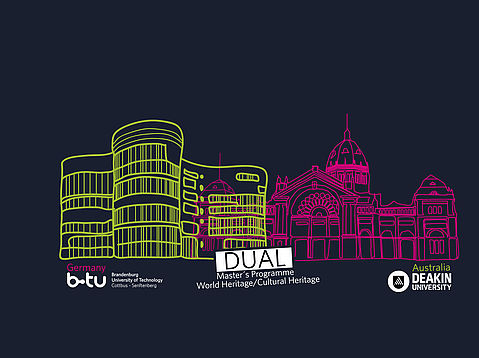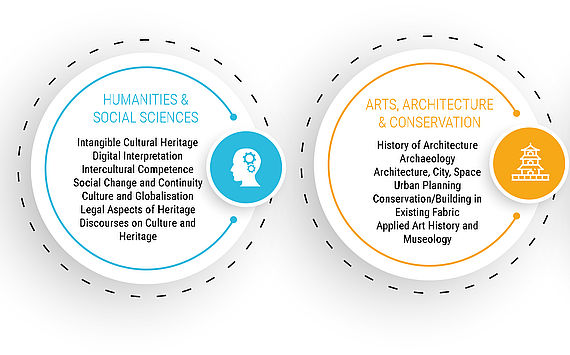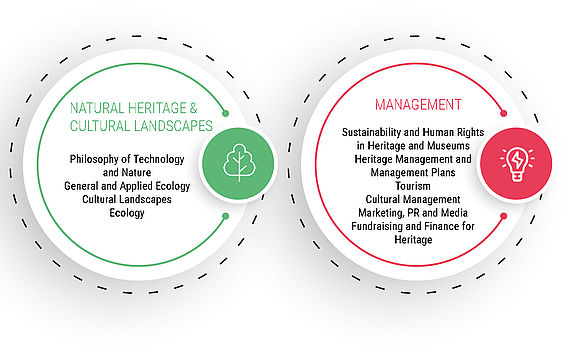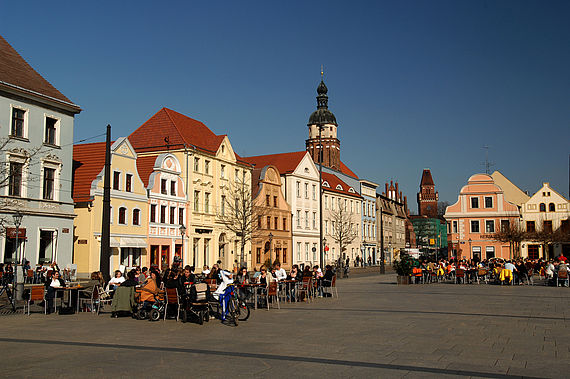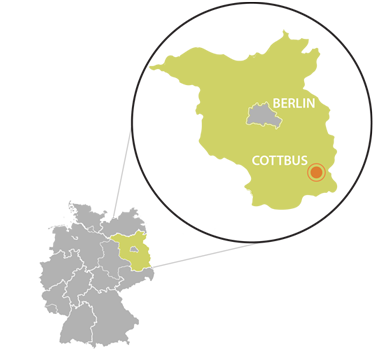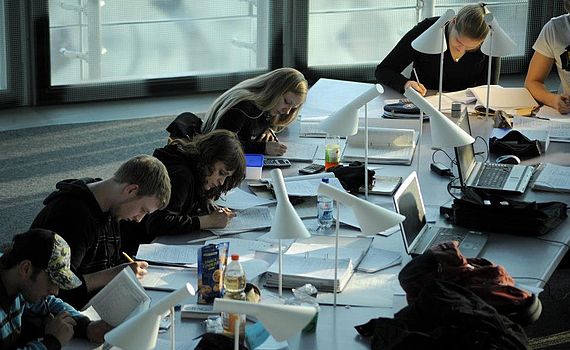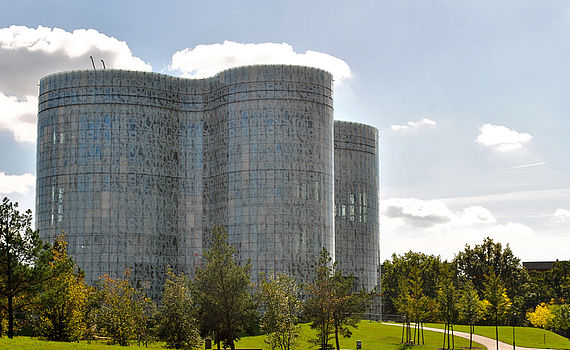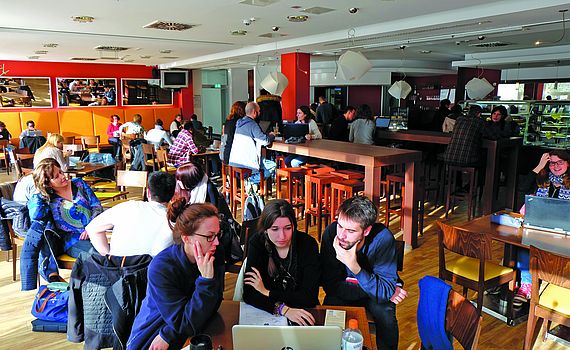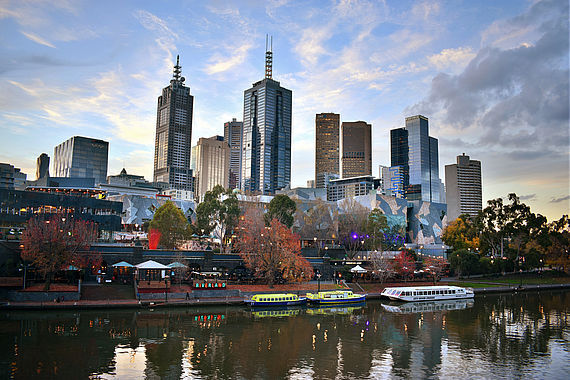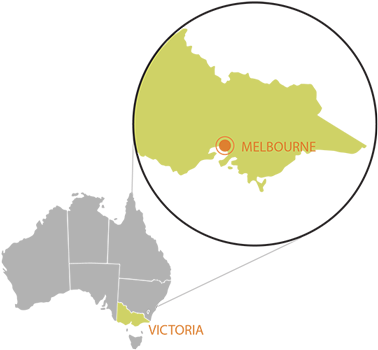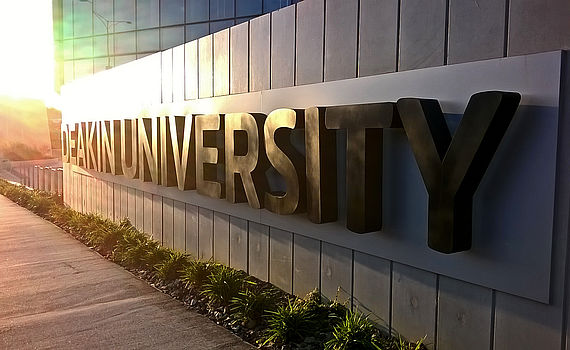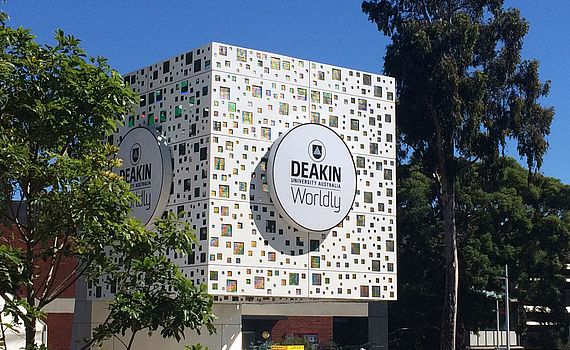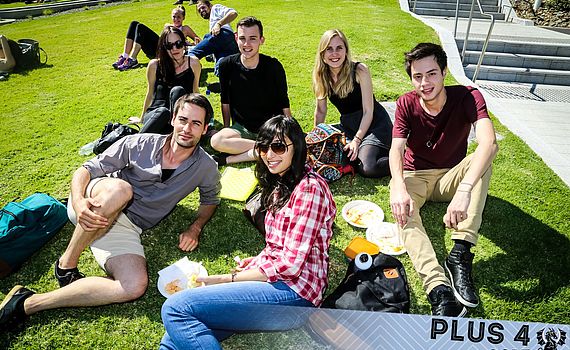Brandenburg University of Technology in Cottbus-Senftenberg and Deakin University have been internationally recognised as two leading institutions in the field of heritage education and among the first ones to integrate World Heritage aspects into graduate curricula. Following more than ten years of fruitful academic collaboration and in view of their common educational goals, the two universities have developed a Dual Degree Programme together.
The aim is to form heritage and museum management specialists with cross-sectorial knowledge, who will be able to identify, assess, protect, manage and promote cultural and natural heritage sites, as well as objects, collections and archives. Whereas generalist knowledge in a wide range of academic disciplines will be conveyed, particular emphasis will be laid on UNESCO’s most relevant policies, programmes and guidelines regarding the protection and management of heritage.






